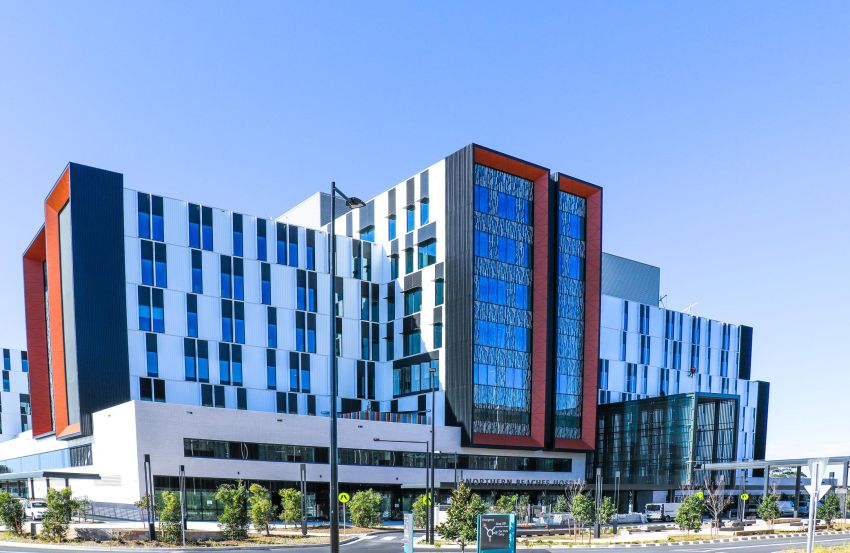
New South Wales Coalition and Labor governments have, for decades, allowed healthcare to become a profit-seeking industry. But as Healthscope, which operates the Northern Beaches Hospital (NBH), goes into receivership, they must rethink the public-private partnership model.
Healthscope, Australia’s second-biggest privately owned hospital operator, is now looking for a buyer, after its Canadian-based private equity company Brookfield placed it into receivership on May 26 with a $1.6 billion debt. Brookfield paid $4.4 billion for Healthscope in 2019.
Monash University health economics professor Anthony Scott described the Healthscope fiasco as a “canary in the coalmine” moment for the private hospital sector.
University of Newcastle professor Francesco Paolucci said Healthscope’s failings show how difficult it is for the private health sector to make profits from providing health care to an ageing population with more chronic disease. More than 60 private hospitals have closed in recent years, he said.
NBH in Frenchs Forest is among the many institutions under Healthscope’s control. The Gladys Berejiklian Coalition government in 2014 had talked up this public-private hospital, but an April auditor-general’s report found it had been deficient in delivering health services, even suggesting the government assume responsibility for the hospital before 2038.
Under the public-private scheme, Healthscope was set to provide the emergency department and obstetrics until 2038 and private hospital services until 2058.
Two preventable deaths of a toddler and a baby brought the untenable situation to a head. Toddler Joe Massa was incorrectly triaged in emergency, suffered a cardiac arrest and died in September last year. In February, baby Harper Atkinson was born unresponsive and died after an operating theatre was not ready. The hospital was relying on an “on-call” system, over Friday–Sunday.
Brookfield bought Healthscope in late 2019, months before the COVID-19 pandemic swept the globe. Brookfield was already in debt to the tune of more than $1 billion.
Healthscope runs 39 facilities across the country: 13 hospitals in New South Wales; 13 hospitals in Victoria; five in Queensland and four in South Australia. It runs a single facility in each of Western Australia, ACT, Northern Territory and Tasmania.
Healthscope’s financial collapse should prompt governments to resocialise healthcare and abandon the disastrous for-profit healthcare model.
Private hospitals rely on contracts with private health insurers, such as Medibank and NIB, to cover staff wages, rents and specialist care facilities and make a profit.
Health Services Union NSW secretary Gerard Hayes told the Sydney Morning Herald on May 26 there was no place for private equity in public health and that NBH must be the last such arrangement. Michael Whaites, NSW Nurses and Midwives’ Association (NSWNMA) assistant general secretary, said Healthscope’s collapse is an “unfortunate reminder” about the dangers of privatising healthcare services.
Annie Butler, federal secretary of the Australian Nursing and Midwifery Federation, said the union is working with state and federal governments to “ensure our members will be in safe hands”. The Australian Salaried Medical Officers’ Federation NSW said it had “grave concerns” at Healthscope’s “apparent indifference”, which meant the situation was “untenable”.
NSW Treasurer Daniel Mookhey said Labor does not support public private partnerships being “imposed on the state’s acute hospitals”, but has not agreed to purchase NBH.
Federal health minister Mark Butler told the ABC on May 26 that the government would not bail out Healthscope.
The NSWNMA and local communities ran successful campaigns to defeat plans to privatise hospitals at Maitland, Wyong, Shellharbour, Bowral and Goulburn. The privatisation of NBH was the NSW Coalition’s last test case.
Independent Pittwater MP Jacqui Scruby wants Labor to “seize this opportunity to buy not just the public beds, but the entire [NBH]”.